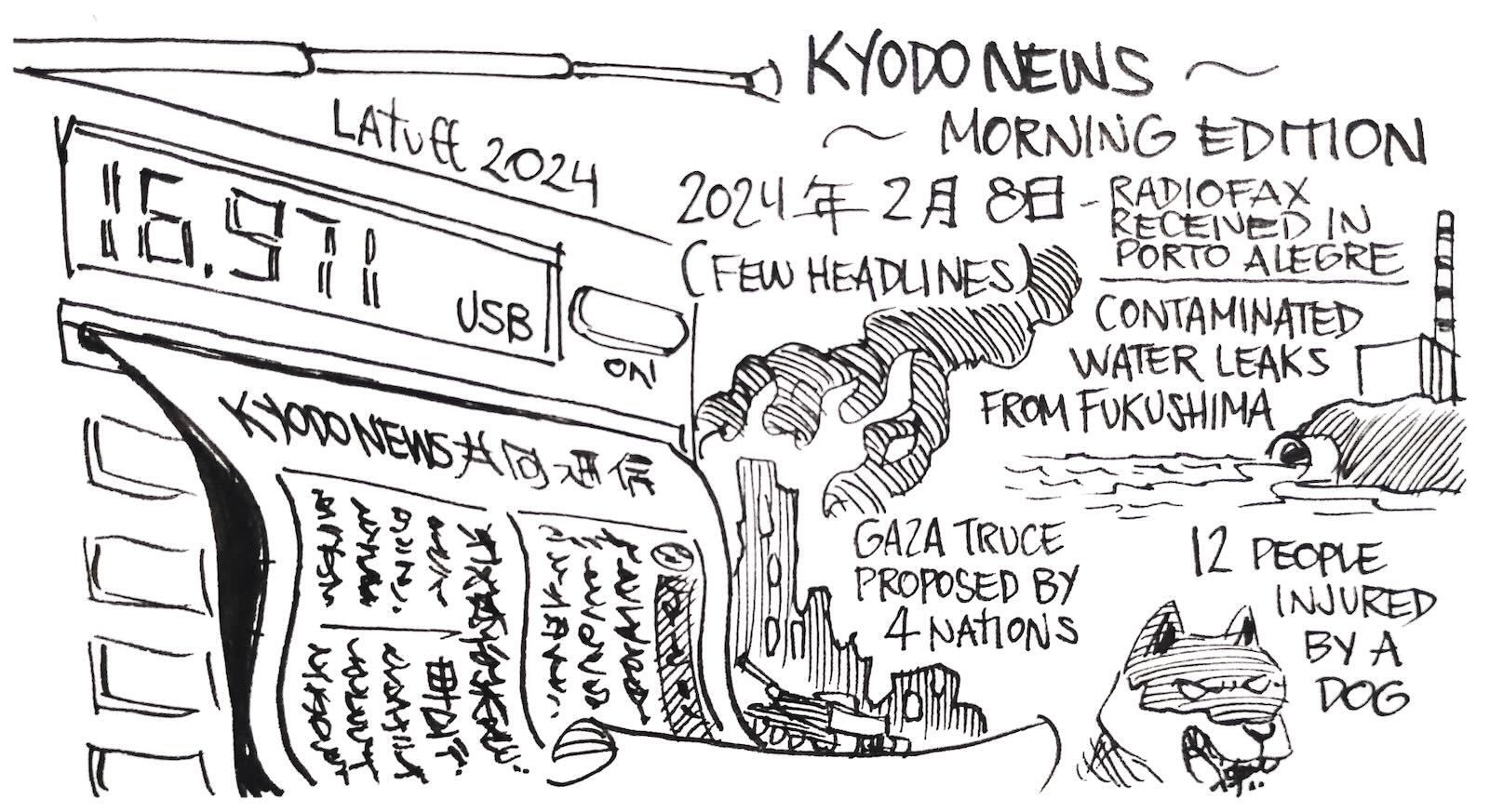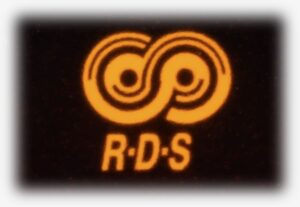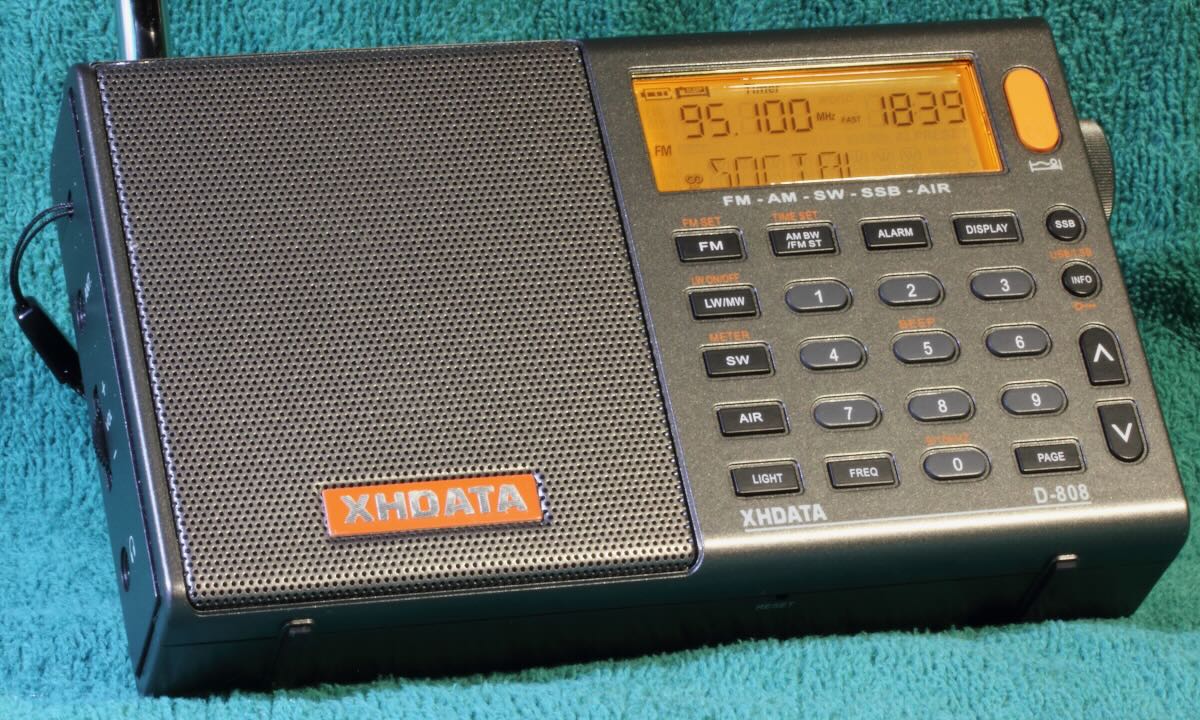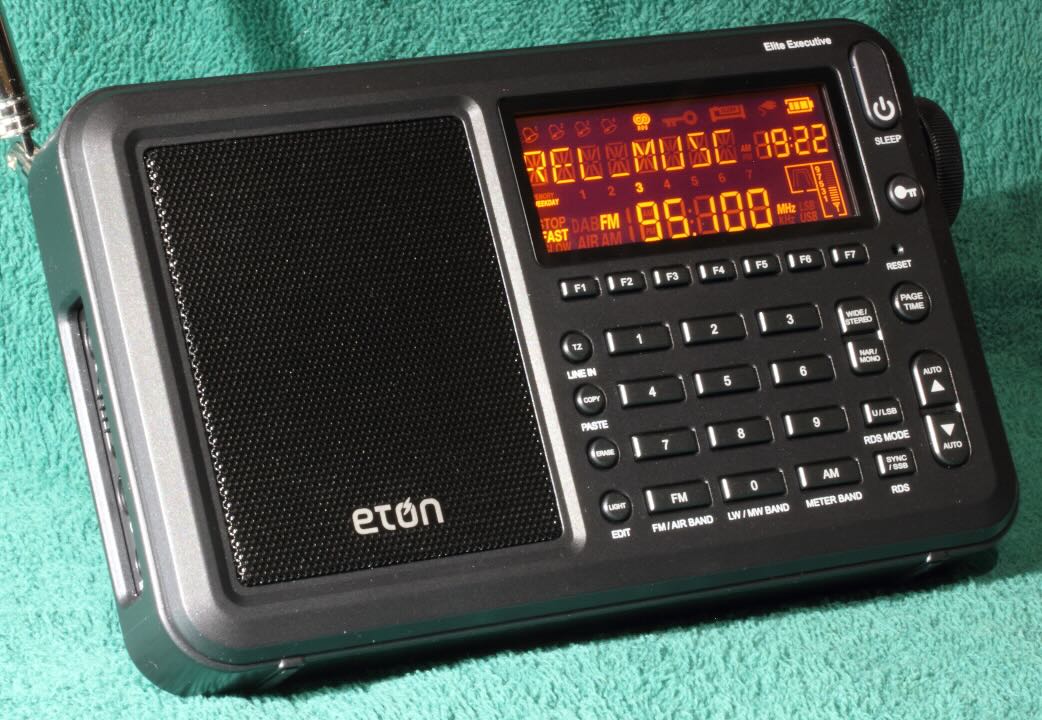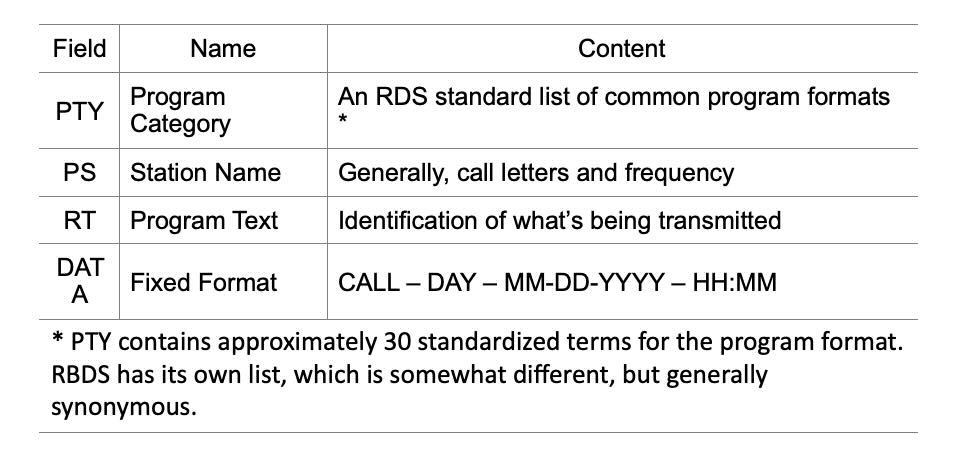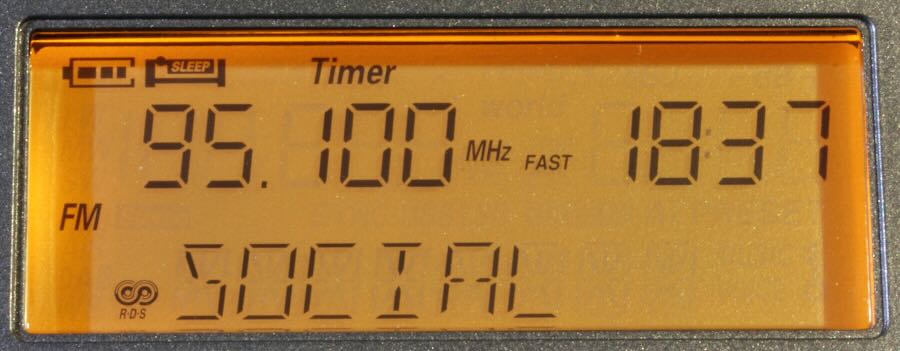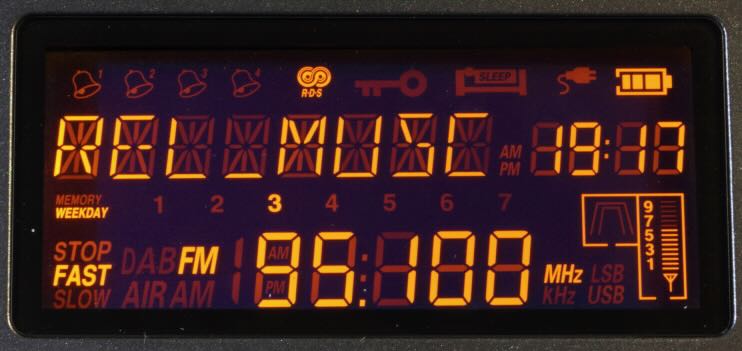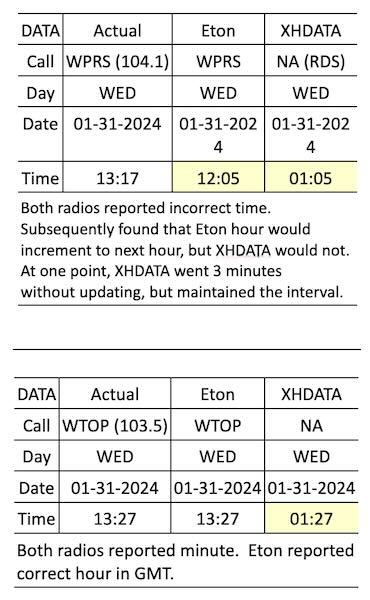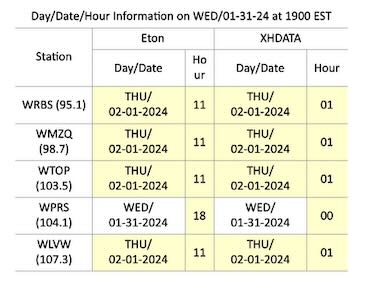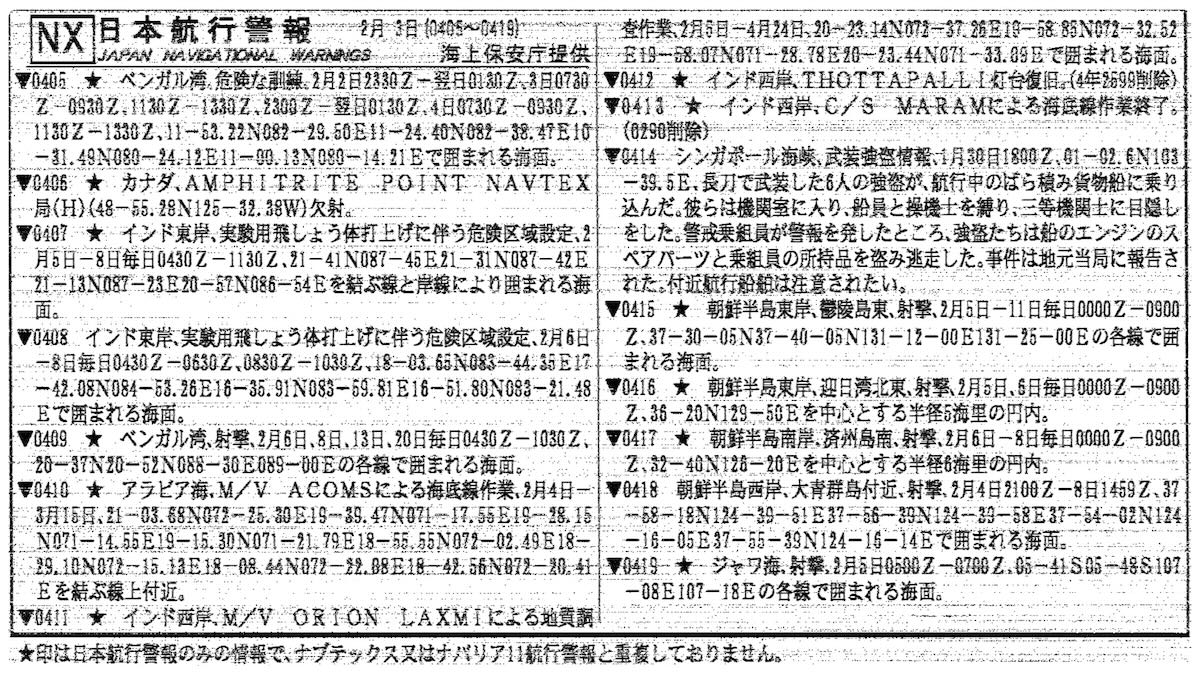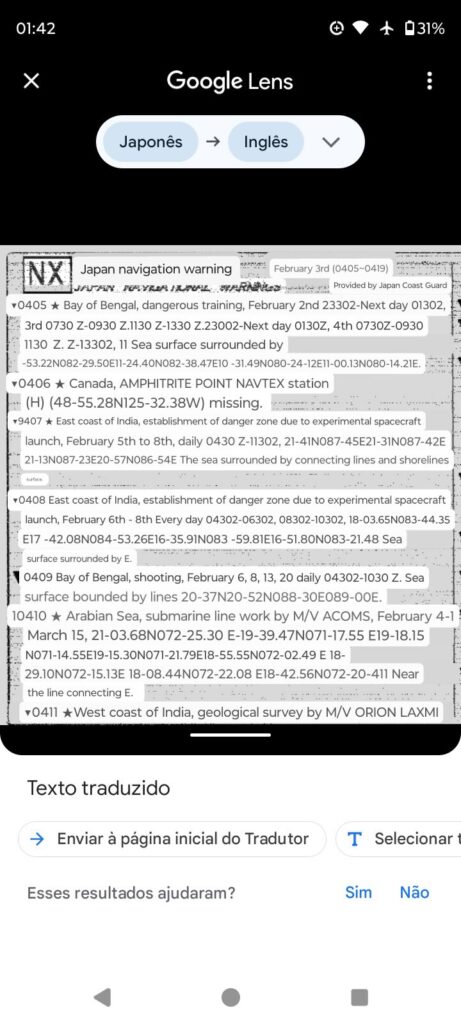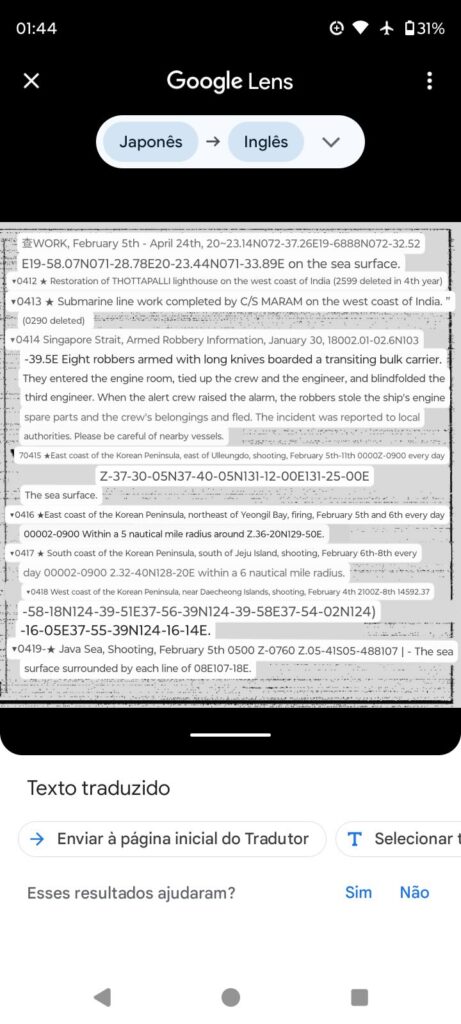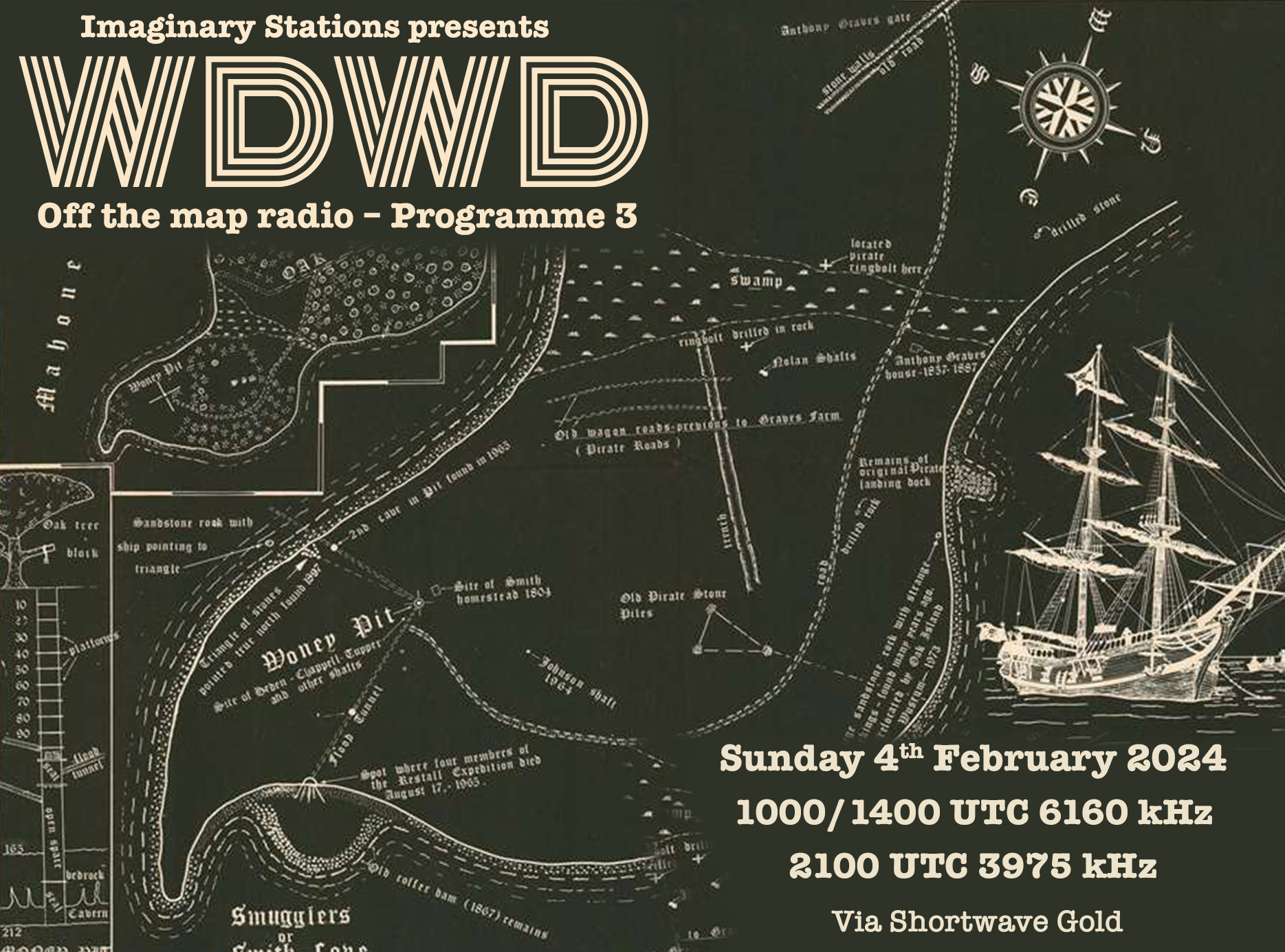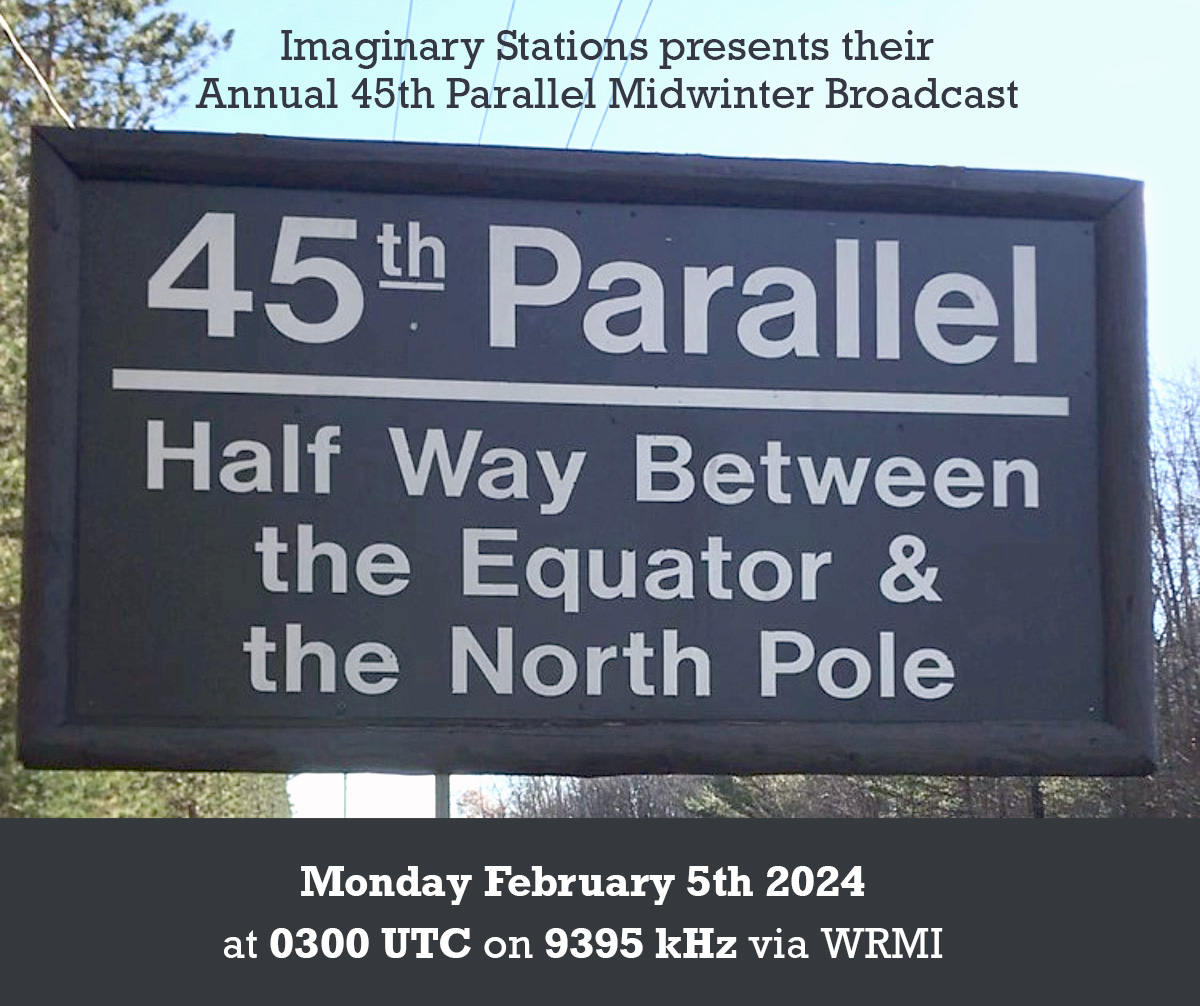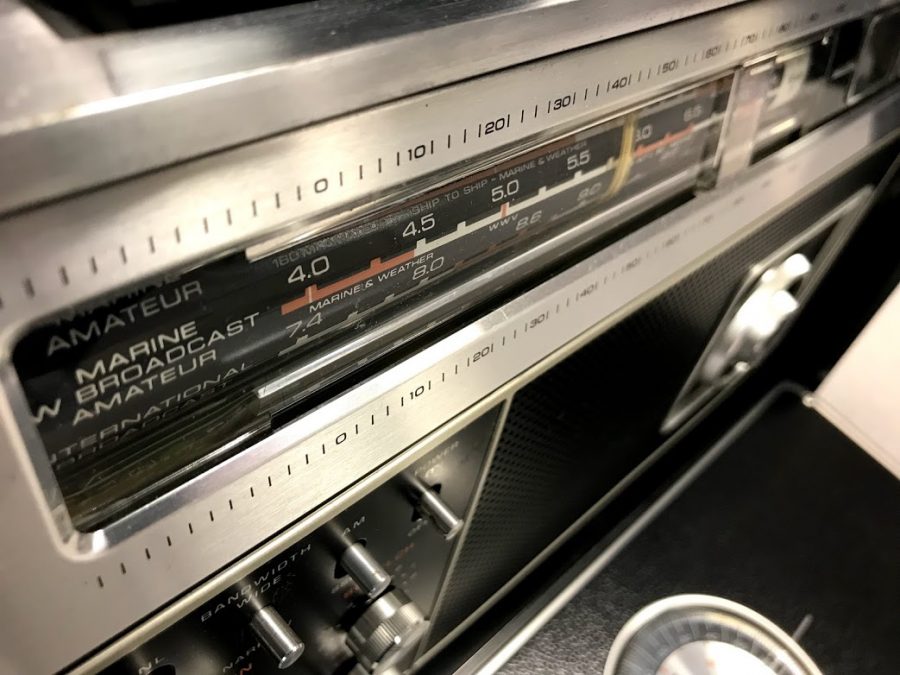
Radio Waves: Stories Making Waves in the World of Radio
Welcome to the SWLing Post’s Radio Waves, a collection of links to interesting stories making waves in the world of radio. Enjoy!
Many thanks to SWLing Post contributors David Iurescia and Richard Cuff for the following tips:
TEL AVIV, Israel, and RAMALLAH, West Bank — Thousands of Israeli and Palestinian families know nothing about the fate of their relatives — Israelis held captive in Gaza and Palestinians jailed in Israel — during the Israel-Hamas war.
No phone calls. No letters. Just a few short Hamas hostage videos and limited lawyers’ visits to Israeli prisons. Even as diplomats try to reach a cease-fire deal for their release, it is an ongoing source of anguish for the families.
So Israeli and Palestinian radio stations are broadcasting their voices, hoping their loved ones hear them.
Some have.
“People tell you, ‘If she listens to you right now, what would you say? What would you want her to hear?’ And I always feel like, OK, no way she can hear me,” says Gil Dickman, whose cousin’s wife was a captive in Gaza. “But it turns out that, thanks to the fact that radio is such an analog platform, it was possible.” [Continue reading at NPR…]
By Devin Watkins & John Baptist Tumusiime
“My captivity was a time which God gave to me to renew my strength, to renew my faith in order to be of any use to people afterwards.”
Fr. Hans-Joachim Lohre, MAfr, was on his way to celebrate Mass on the feast of Christ the King in 2022, in Bamako, when armed men pulled up behind his car, told him he was under arrest, and dragged him into their vehicle.
“This was a question of some seconds only,” he recounted. The men then drove him for a few hours into the bush, where he was handed to jihadists.
“When I was handed over to the jihadists,” he said. “The man on my right said, ‘Do not be afraid; we are the good ones. We are from Al-Qaeda. We are not like the Islamic State who killed people like this. You have nothing to fear from us.’”
Thus began the German-born missionary’s year-long ordeal at the hands of Islamic militants in the deserts of Mali. [Continue reading at Vatican Radio…]
As a middle power in an increasingly volatile and contested region, Geoff Heriot argues that Australian Governments need to be more strategic about their approach to international broadcasting. This is if they are to effectively tackle contemporary diplomatic and security challenges.
Geoff Heriot is a veteran of Australian journalism, and his recent book covers Australia’s late 20th century international broadcasting efforts and the role of Radio Australia in Australia’s statecraft. His is a timely and important intervention, for in bringing light to this aspect of the nation’s media history, Heriot also speaks deftly to the pressing security concerns facing Australia today. At a time when the importance of the Indo-Pacific region to Australia’s security is becoming increasingly apparent, Heriot urges Australian governments to recognise the opportunities inherent in the discursive power of its international broadcasting service.
Throughout his well-argued and persuasive work, based on what he describes as a “late career” doctoral project, Heriot makes the case that international broadcasting offers Australia the opportunity to use its soft power more strategically in the region. He argues that international broadcasting possesses “discursive power” and this power provides Australia the chance to both model the nation’s democratic values and, perhaps more importantly, to ensure that “its strategic narrative forms part of the regional discourse.” However, he maintains that successive Australian governments have little understood the strategic purpose of, and opportunities offered by, its international broadcasting service. This has not only led to a cycle of investment and disinvestment in Radio Australia, but a lack of the long-term planning and focus that is required to ensure Australia possesses the kind of technically capable, trusted, and culturally sensitive broadcasting service required in times of crisis or need. As Heriot has claimed elsewhere, “The cardinal rule when seeking to project the values and interests of our imagined community, the democratic nation-state, is to play the long game and do so with constancy.” [Continue reading…]
Beyond the tangible structures and facilities, the true heartbeat of VON lay within its people.
In the hushed corridors of the Voice of Nigeria (VON), a narrative of change and renewed hope unfolded under the warm embrace of the October sun when I was appointed Director-General/CEO of the media agency by President Bola Ahmed Tinubu (GCFR) on 20 October, 2023, marking the beginning of a transformative journey within the Nigerian international broadcasting corporation.
The handover ceremony from my predecessor, Mr Osita Okechukwu, was more than a ceremonial passing of the baton. Stepping into leadership on 23 October, 2023, the canvas of change began to take shape during my attendance of AFRICAST 2023 in Lagos. It was during this visit that I paid a visit to the Broadcasting House in Ikoyi and the Ikorodu Transmitting Station, which serve as poignant reminders of untapped potential, urging a commitment to revitalisation.
Returning to the heart of VON, the Corporate Headquarters in Abuja, told its own story — a tale woven with threads of promise and challenge. The deplorable state of infrastructure in Lagos reverberated through the echoing hallways of Abuja, creating a stark reality that demands immediate attention and a resolute commitment to transformation. [Continue reading…]
Do you enjoy the SWLing Post?
Please consider supporting us via Patreon or our Coffee Fund!
Your support makes articles like this one possible. Thank you!

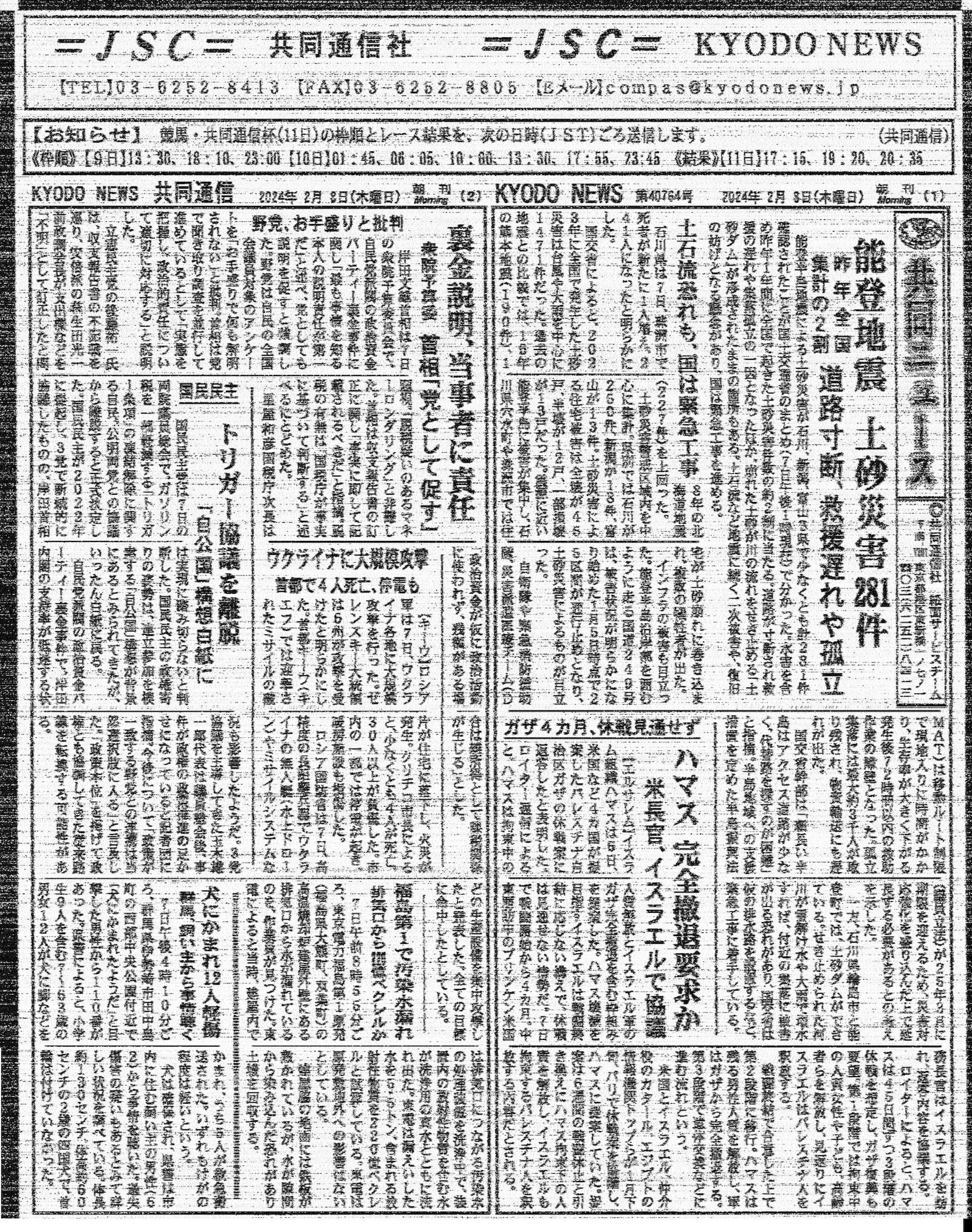 Many thanks to SWLing Post contributor, Carlos Latuff, who shares the Radiofax news report (above) from Kyodo News Agency and his amazing artwork (below) detailing the news and his Radiofax reception. Carlos writes:
Many thanks to SWLing Post contributor, Carlos Latuff, who shares the Radiofax news report (above) from Kyodo News Agency and his amazing artwork (below) detailing the news and his Radiofax reception. Carlos writes:
